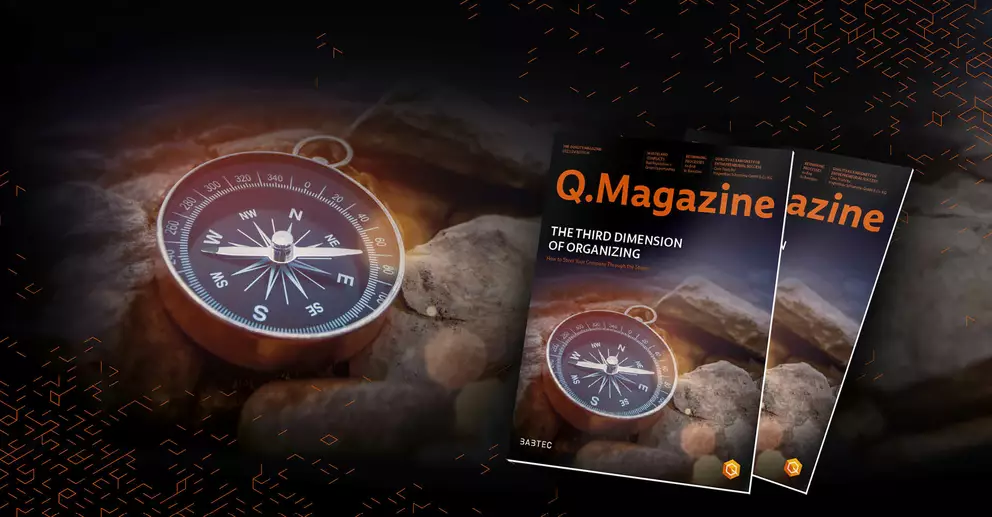In contrast to opportunities, risks have a significant "advantage" in the minds of those who act: Risks threaten something that already exists. On the one hand, what already exists is concrete, and on the other hand, it is usually valued. Risks that threaten irrelevant things are not perceived as risks. Therefore, the most important thing is to protect what is valued, familiar and proven against loss: the consequence of this is classic risk management.
Opportunities, on the other hand, are only imagined: they are not (yet) concrete and they can therefore not (yet) be valued, because the perhaps possible outcome is not (yet) present. It is not there before and after the missed opportunity, which is mostly not even perceived, it is not there either. Nothing much has changed, so to speak. The consequence: managing risks is a duty. Managing opportunities is a kind of freestyle.
In organizations, it is often pretended that opportunities are not needed. Maybe not consciously, but unconsciously. First of all, wanting to take advantage of an opportunity means recognizing it. As a rule, opportunities do not impose themselves; they open up to those who recognize them. But who is that in companies? In management systems, there are usually no systems in place for this. This is in contrast to dealing with risks. There we have famous instruments such as the FMEA with a maximum objectified risk priority number. So where is the opportunity priority number?
The fact that "risk" by definition also includes "opportunities" should only be mentioned here in passing. The decisive factor is the understanding of risk in everyday life. There, no one will speak of risks when opportunities are meant. Nevertheless, we must keep in mind that wanting to take advantage of opportunities always means that this may not work out in the end. An opportunity is what it is: an opportunity. In an environment of uncertainty. It can go well. But it doesn't have to.
Recognizing opportunities as opportunities at an early stage is obligatory from an entrepreneurial point of view. On the one hand, because it is dangerous for your own organization if competitors recognize and exploit opportunities – and you do not. On the other hand, it is dangerous because not only the competitor, but the entire market can develop away: then a potential opportunity has probably turned into a risk that has materialized. There are enough examples from economic history. So what needs to be done? We need to focus on the opportunity to recognize opportunities.








Comments
No comments